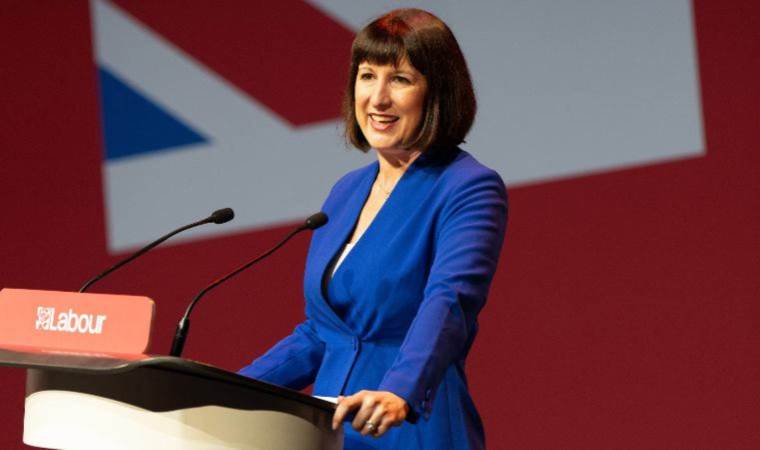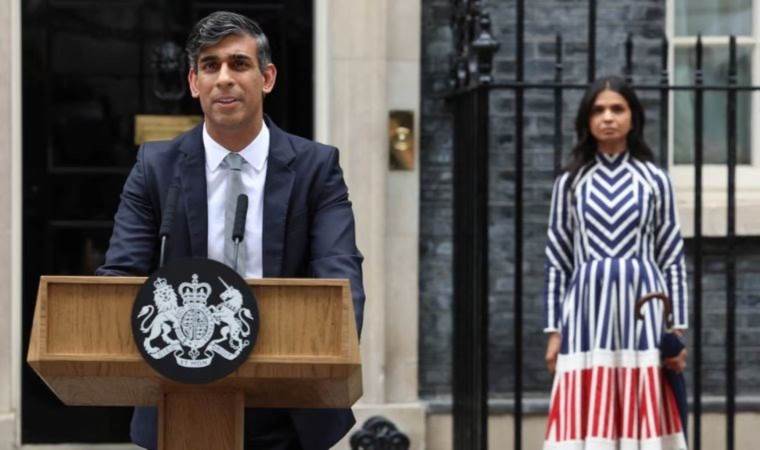UK finance minister Reeves: I will deliver on growth
Britain's new finance minister Rachel Reeves to set out plans for to support the new "national mission" on Monday.

Britain's finance minister Rachel Reeves will set out plans on Monday to unblock infrastructure projects and private investment under a new "national mission" to drive economic growth after her Labour Party's landslide election victory last week.
As the centre-left party takes power for the first time in 14 years, Reeves and Prime Minister Keir Starmer are keen to show they are moving quickly to tackle deep-seated problems and reignite growth in the G7 economy.
Reeves, Britain's first female finance minister and a former Bank of England economist, will pledge to build more houses as well as speed up planning approval for infrastructure projects.
"Last week, the British people voted for change. And over the past 72 hours I have begun the work necessary to deliver on that mandate," she will say in a speech to business leaders, according to excerpts released by her Treasury department.
"Where governments have been unwilling to take the difficult decisions to deliver growth – or have waited too long to act – I will deliver. It is now a national mission. There is no time to waste."
Reeves and Starmer come into office facing one of the toughest to-do lists of any incoming government, needing to drive growth to help finance increased spending on public services without raising the main taxes paid by working people.
They have little room to manoeuvre: living standards have stagnated since 2010, public debt is at almost 100% of national economic output and tax as a share of GDP is on track to rise to the highest level since just after World War Two.
POLITICAL INSTABILITY
They also need to win back the confidence of international investors after many were put off by the political instability that took hold after the 2016 vote to leave the European Union and the five prime ministers in eight years that followed.
Inward foreign direct investment has fallen in four out of the last five quarters, according to the latest official data.
"Investors in New York or Hong Kong would have read the headlines and found it easy to say 'why bother?'" said Toby Gibb, head of investment solutions at fund manager Artemis. "What (the election) does is relieve that uncertainty - it allows overseas investors to invest with more security."
Amanda Blanc, CEO of insurer Aviva, said investors wanted to invest in Britain but needed the government to set the priorities, overhaul the planning system and to co-invest in risky areas to boost confidence, such as hydrogen or nuclear.
"If the government invests there, then we can step in behind them," Blanc told Reuters shortly before the July 4 election. "There is plenty of money."
Darren Jones, Britain's new deputy finance minister, told the BBC that Reeves was expected to set out her plans for broader planning reform to accelerate the building of houses.
Housing has long been a fractious issue in Britain, with some voters opposed to plans to build in leafy, rural areas, and others crying out for an increase in supply to bring down the cost of buying or renting a home.
Reeves could start by reintroducing mandatory housebuilding targets for local councils after the previous Conservative government scrapped them in the face of a threatened rebellion from its lawmakers.



